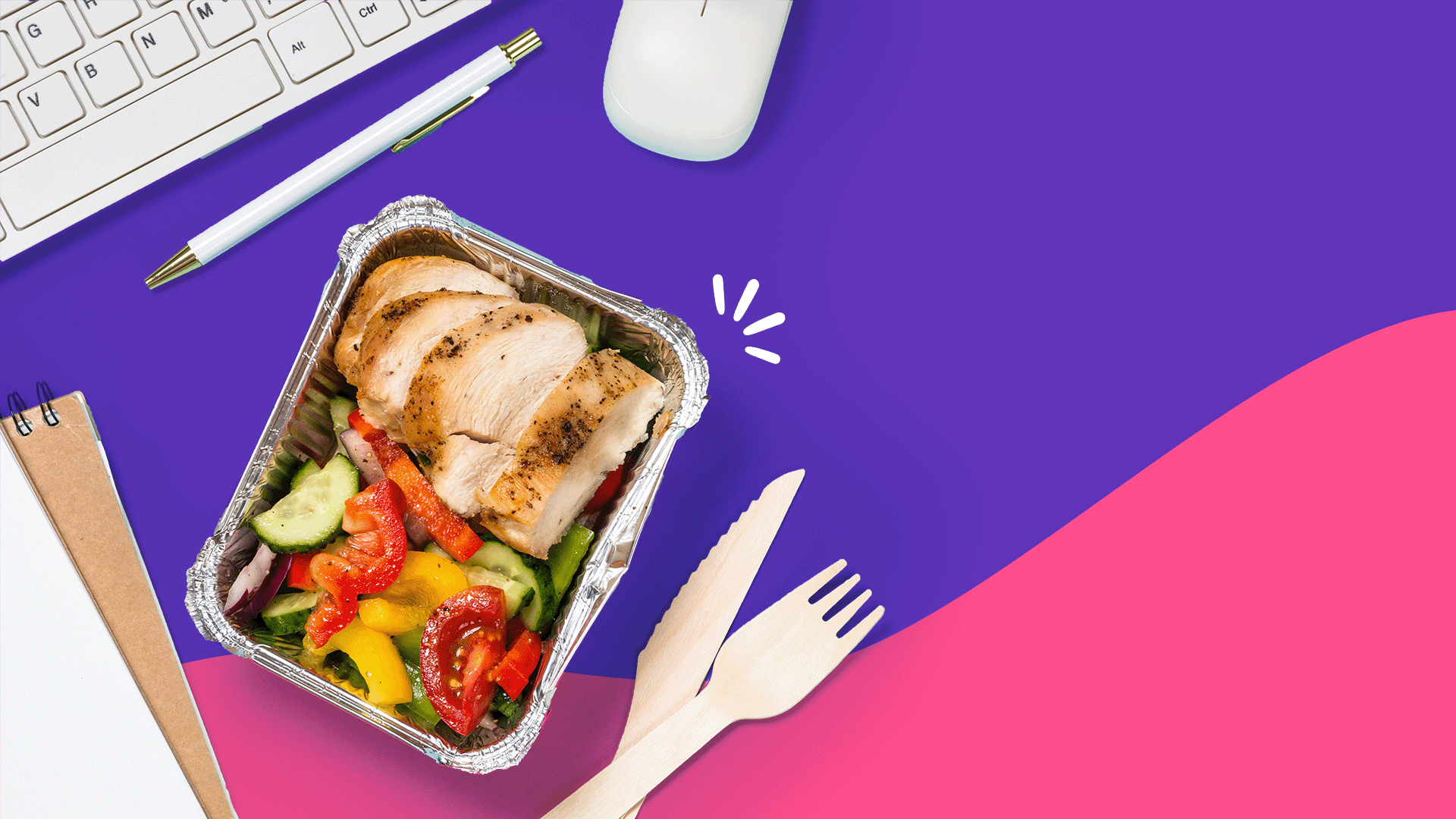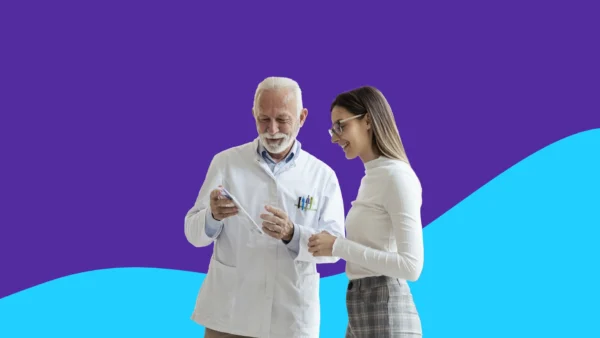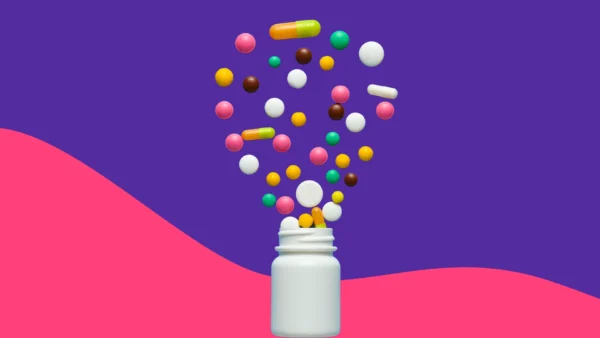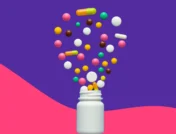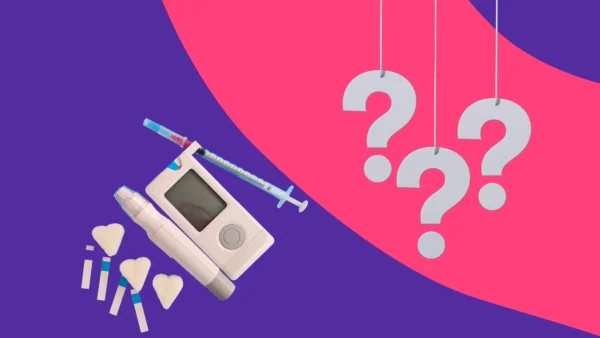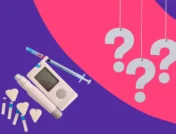The phone is ringing off the hook, you have a line of people impatiently waiting to drop off prescriptions, a few patients at the register, two patients waiting for immunizations, a doctor on hold, a waiting room full of people, and a line of cars in the drive-through. A nightmare? Nope, just another typical, stressful day at a chain pharmacy.
When was the last time you took a few minutes to eat or drink while on the job? It’s very likely you don’t remember. While it may seem easier to forgo that lunch waiting in the refrigerator or that ice cold bottle of water, think again—it is important to take time to eat and drink (and go to the bathroom!) throughout your shift.
Many of my pharmacist colleagues report that a combination of not drinking and holding their bladders has led to a whole host of health issues, such as kidney stones, interstitial cystitis, frequent urinary tract infections, and even accidents. Dehydration can lead to headaches, high resting heart rate, kidney stones, and UTIs. Repeating these habits of not drinking and not using the restroom can lead to more serious complications, such as incontinence.
How to stay hydrated when you’re busy
Here are a few ways to fit enough water intake into your busy day:
- Purchase a unique water bottle that you look forward to using.
- Download an app that reminds you to drink water at preset times or purchase a bottle like the Hidrate Spark, which tracks within the bottle itself.
- Infuse your water with fresh fruit such as lemon, lime, or raspberries.
- Find an event that serves as a reminder, such as every time you fill an inhaler script, to take a swig of water.
On average, people should aim for eight to nine, 8 ounce glasses of water each day, but Megan Triolo, MS, RDN, clinical dietitian and owner of MLT360, says individually, you should shoot for 30-35 ml of fluids per kilogram of body weight per day.
Healthy eating at work, according to an RDN
As for food, pharmacists should “eat to fuel your body,” Triolo says. “Think of your body as a car and food as the gasoline. A car runs better with higher quality fuel, just as your body runs better with nutrient-dense foods rather than empty calories.”
Consuming a variety of nutrient-dense foods is important because every nutrient is digested and used by the body in a different way. Triolo recommends choosing foods from all of the food groups to add a variety of nutrients, fiber, and vitamins to your body. However, complex carbohydrates (whole grains, beans, and vegetables), lean proteins (fish, poultry, and eggs), and healthy unsaturated fats (avocado, olive oil, and nuts) are especially important.
You should plan ahead and bring snacks to make sure you are getting enough to eat. Although a crazy shift doesn’t always lend itself to breaks, having a variety of snack options can help you sneak in bites when you do have time. The ideal snack should be high in essential vitamins and nutrients, and low in empty calories and saturated fats. “Your snack should consist of enough calories to satisfy hunger, but not enough calories to promote unwanted weight gain,” Triolo says.
She recommends combining a protein and a carb for long-lasting energy and satiety, which could look like:
- ¼ cup nuts or seeds and ½ cup fruit (or fruit cup)
- String cheese and a piece of fruit
- Baby carrots or pretzels and hummus
- ½ cup of low fat cottage cheese and berries
- ½ cup trail mix (nuts and dried fruit)
- ½ sandwich (PB&J, tuna, or turkey on 100% whole wheat bread)
- Graham crackers and peanut butter
If you do have time to sit down and eat a meal, Triolo recommends some of these nutrient-packed options (that do not need to be heated up!):
- Pasta salad with a protein source, mozzarella, and vegetables
- Nutrient-dense green salads with beans/chickpeas, a protein source, avocado, and vegetables
- Chicken, tuna, or egg salad sandwich (made with low-fat mayo)
- Cold quinoa or cold lentil salad bowl
If you absolutely must have chips or chocolate, Triolo recommends going small. “Satisfy your craving with a fun-size mini bag of M&M’s or peanut butter cups, a single-serving size bag of reduced sodium chips, or a nutrient-dense granola bar with chocolate chips,” she says.
With the right amount of water and balance of foods, you’ll have more energy to get through your pharmacy shift and will be healthier in the long run.



